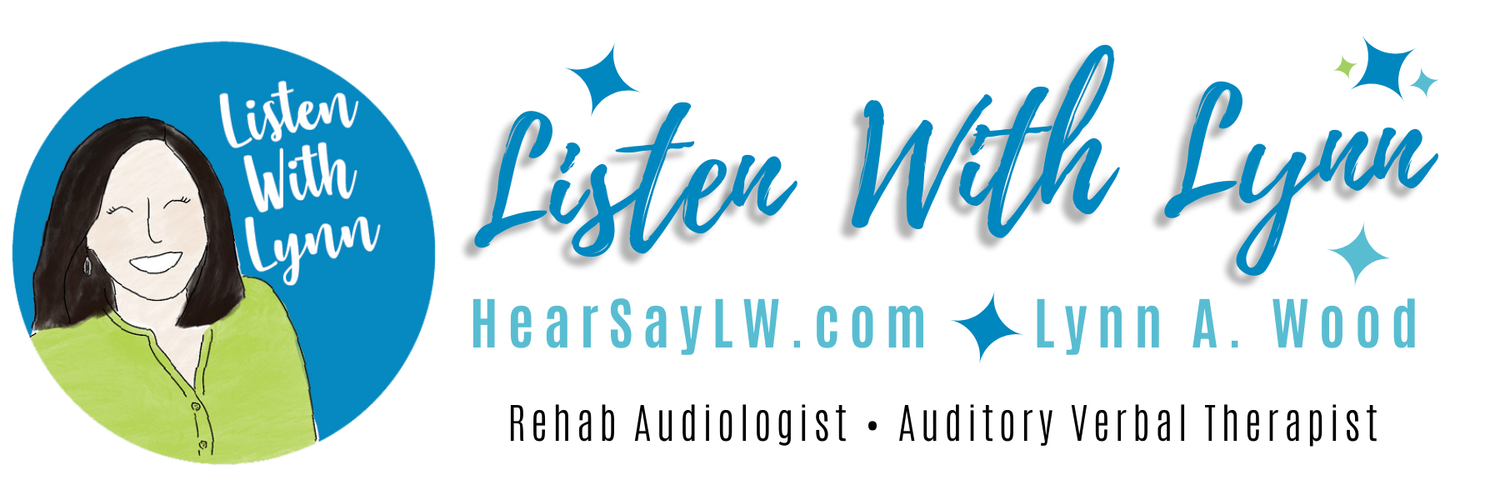Kids love these Egg-Citing Spring Conversation activities and so do parents, listening and spoken language therapists, and teachers of the deaf and hard of hearing. This resource targets seasonal vocabulary, back-and-forth conversational, and social skills. It's perfect to level up and down and for mixed groups of kids and to play at home while building listening and spoken language while having fun!
This EGG-Citing game includes a variety of starters: NAME - DESCRIBE - TELL - WOULD YOU RATHER -TONGUE TWISTERS AND RIDDLES.
Three-Ways To Play
1. Hide the plastic eggs in your classroom, therapy room, home, or yard. Begin the hunt and have the child find and collect all the eggs in the carton or a basket.
2. Add following direction listening clues while hunting for the conversational eggs. Look for an egg by where you hang your jacket, under the table, and so on. Examples are provided.
3. At play with family and friends at their holiday get-together. Encourage the child to lead the conversation starters. Spend plenty of time practicing so the game is entertaining and fun for all. It’s a terrific confidence and language-building opportunity for the child.
This Egg-Citing resource includes
18 Egg Conversation Starters in holidays shapes
Egg carton label to hold plastic eggs
Listening and Spoken Language playing tips
Serve and Return prompts to expand a conversation
A role play example back-and-forth conversation with the adult serving as a conversational starter with the child’s returns
Check out the two money-saving Spring Bundles and over 20 Spring listening and language-building games and activities.






